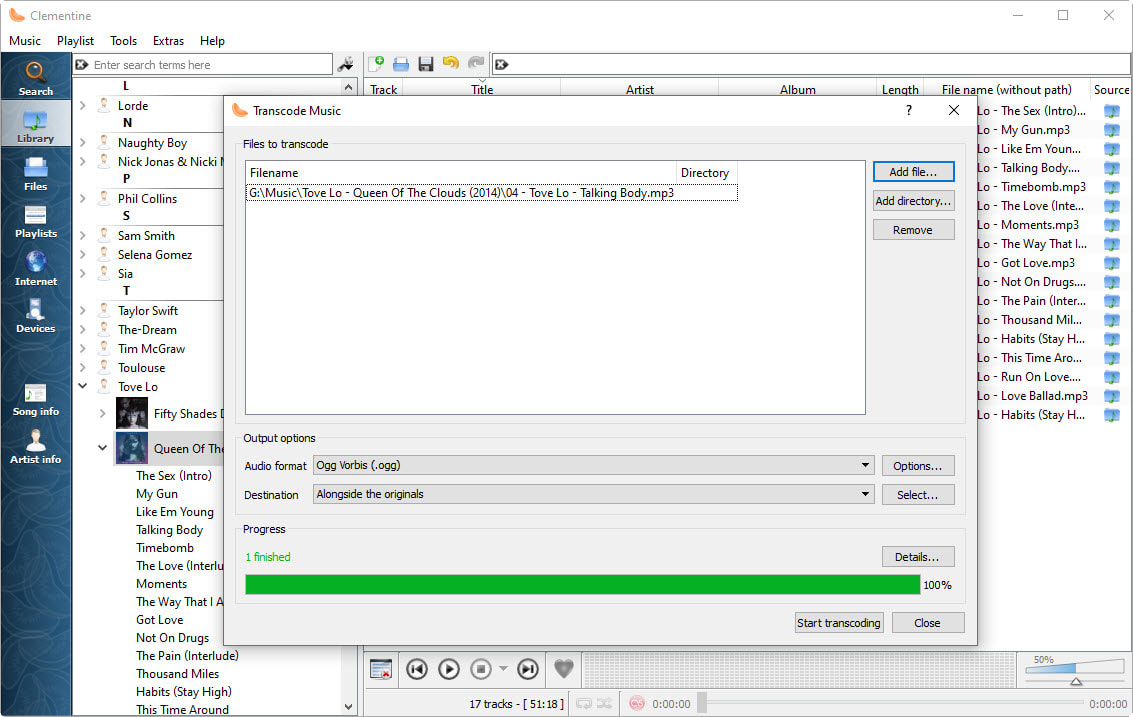

Stuttering is generally not a problem with the physical production of speech sounds ( see Voice disorders) or putting thoughts into words ( see Dyslexia, Cluttering). The term "stuttering", as popularly used, covers a wide spectrum of severity: it may encompass individuals with barely perceptible impediments, for whom the disorder is largely cosmetic, as well as others with extremely severe symptoms, for whom the problem can effectively prevent most oral communication. The emotional state of the individual who stutters in response to the stuttering often constitutes the most difficult aspect of the disorder. Much of what constitutes "stuttering" cannot be observed by the listener this includes such things as sound and word fears, situational fears, anxiety, tension, self-pity, stress, shame, and a feeling of "loss of control" during speech. The term stuttering is most commonly associated with involuntary sound repetition, but it also encompasses the abnormal hesitation or pausing before speech, referred to by stutterers as blocks, and the prolongation of certain sounds, usually vowels. Stuttering, also known as stammering in the United Kingdom, is a speech disorder in which the flow of speech is disrupted by involuntary repetitions and prolongations of sounds, syllables, words or phrases and involuntary silent pauses or blocks in which the stutterer is unable to produce sounds. Related subjects: LinguisticsĬlassifications and external resources ICD- 10


 0 kommentar(er)
0 kommentar(er)
